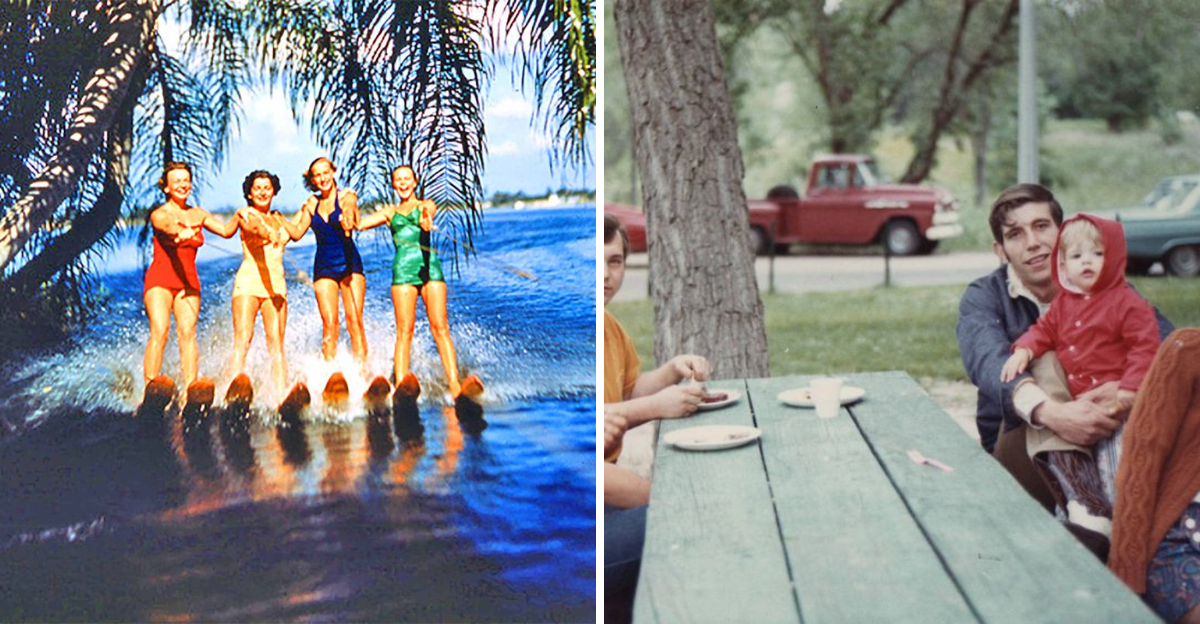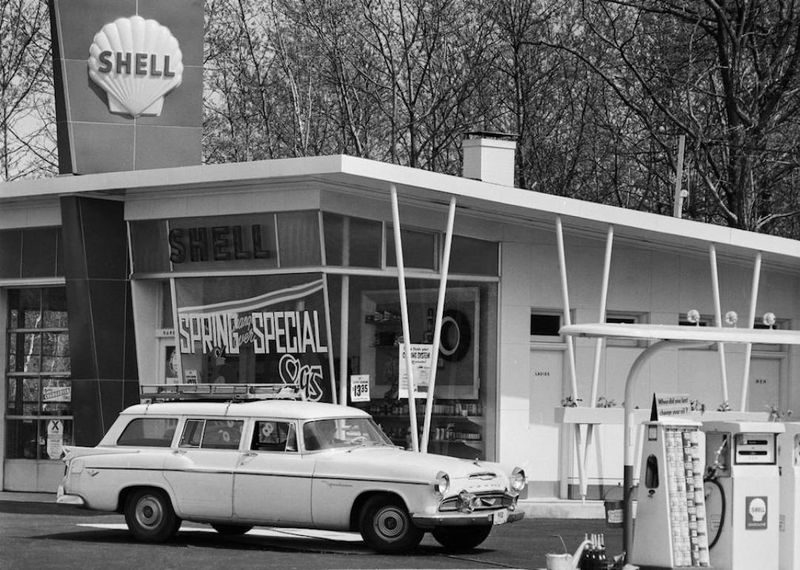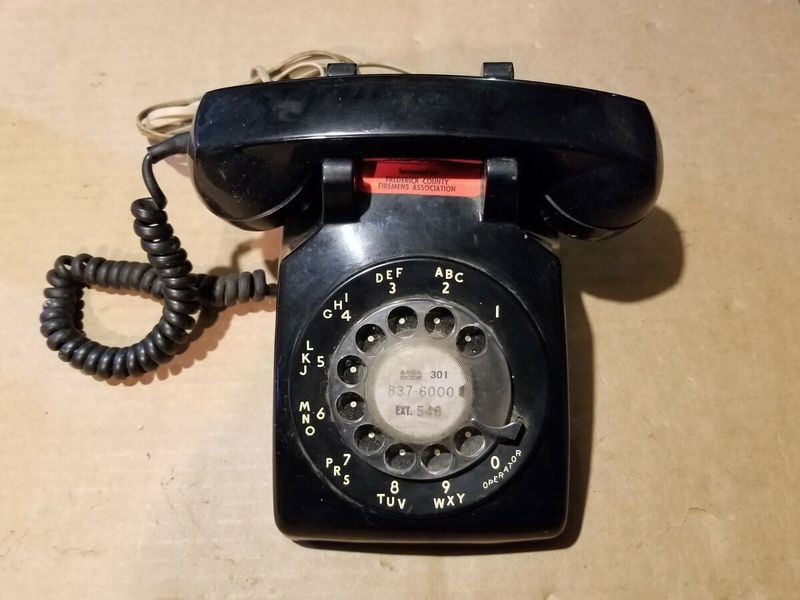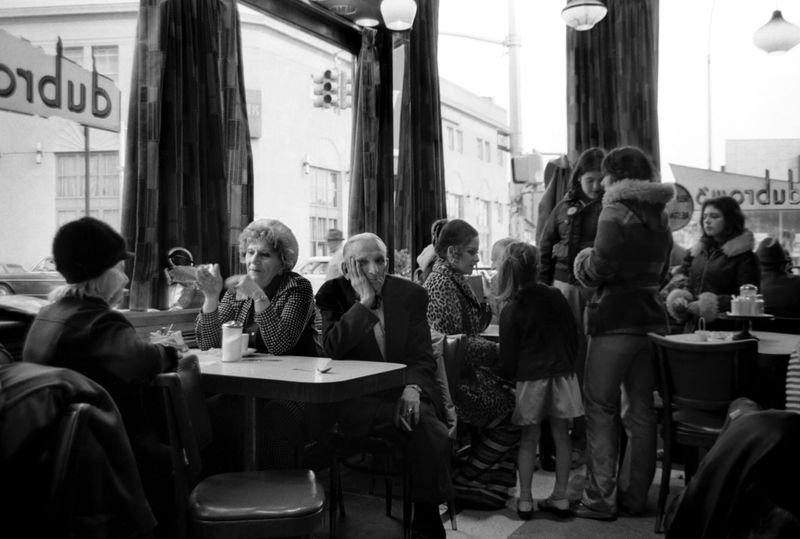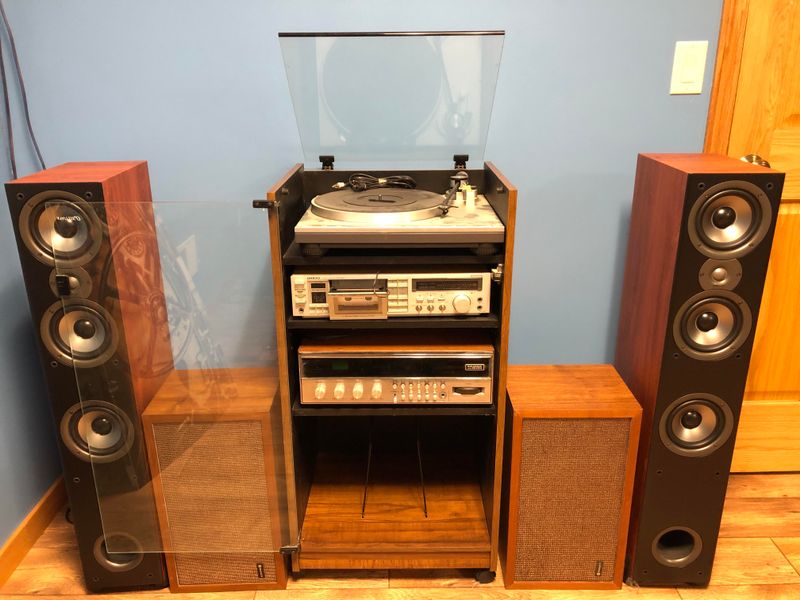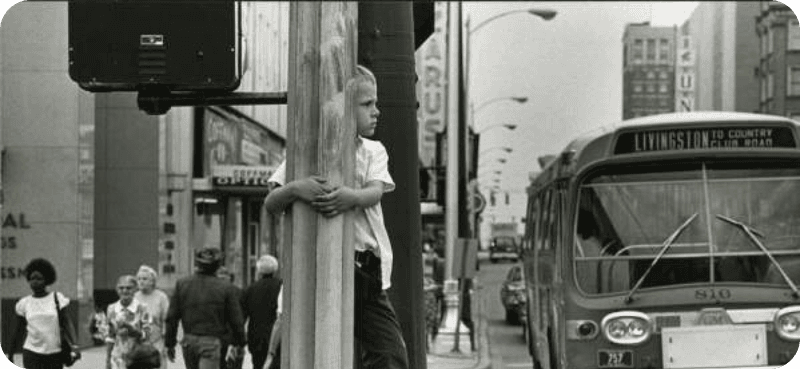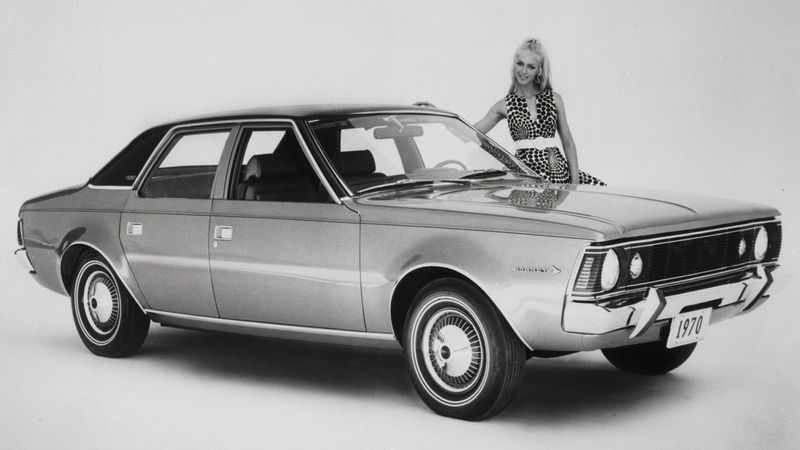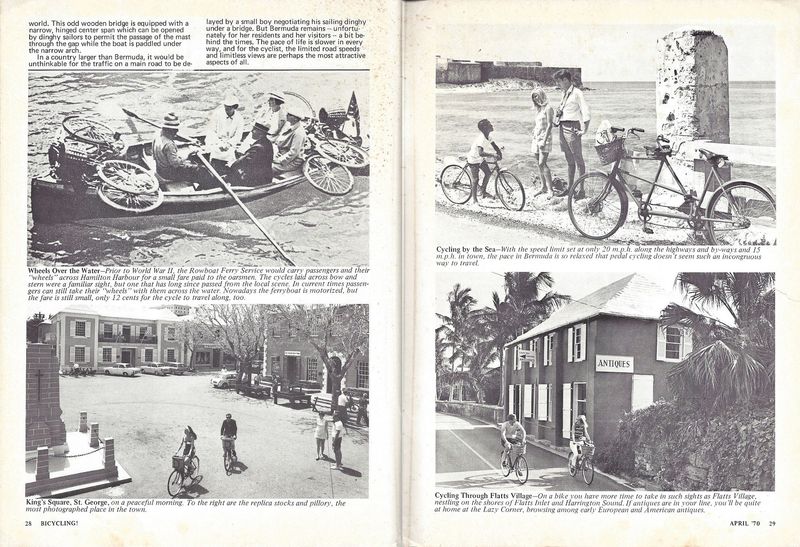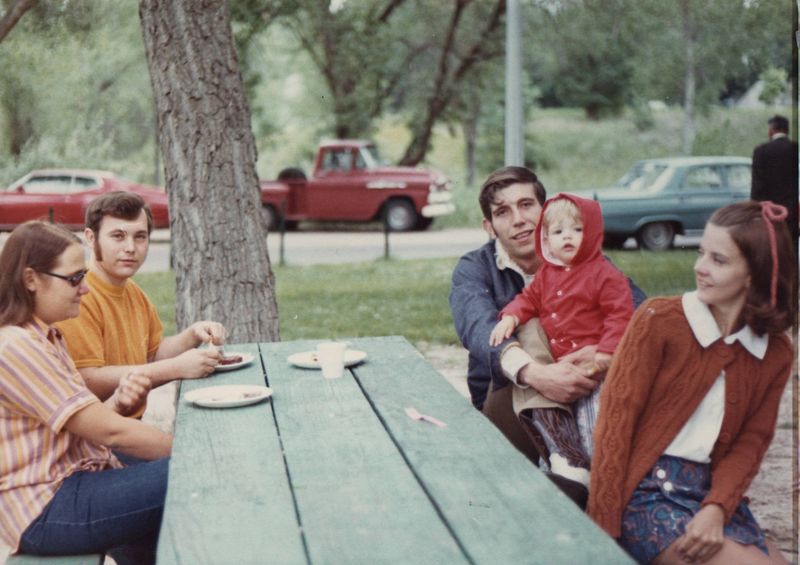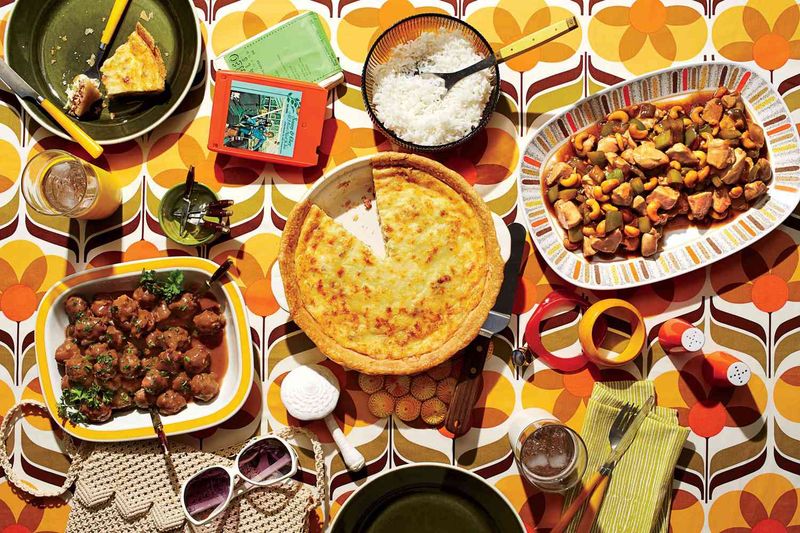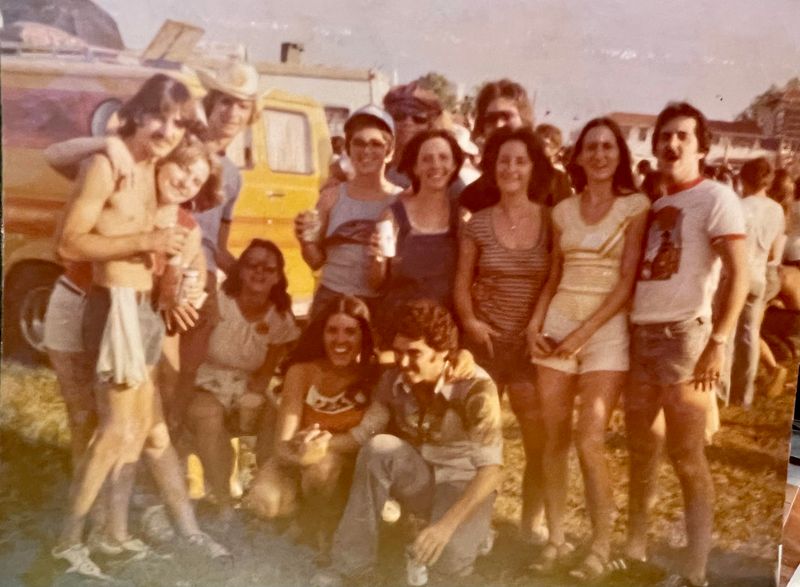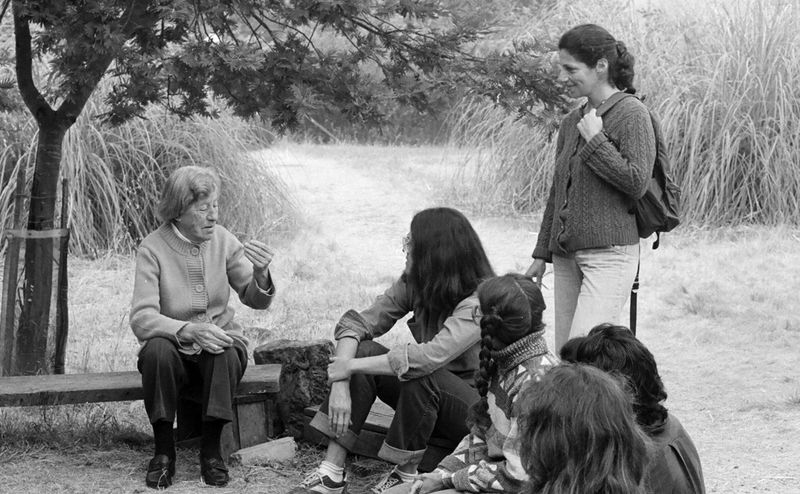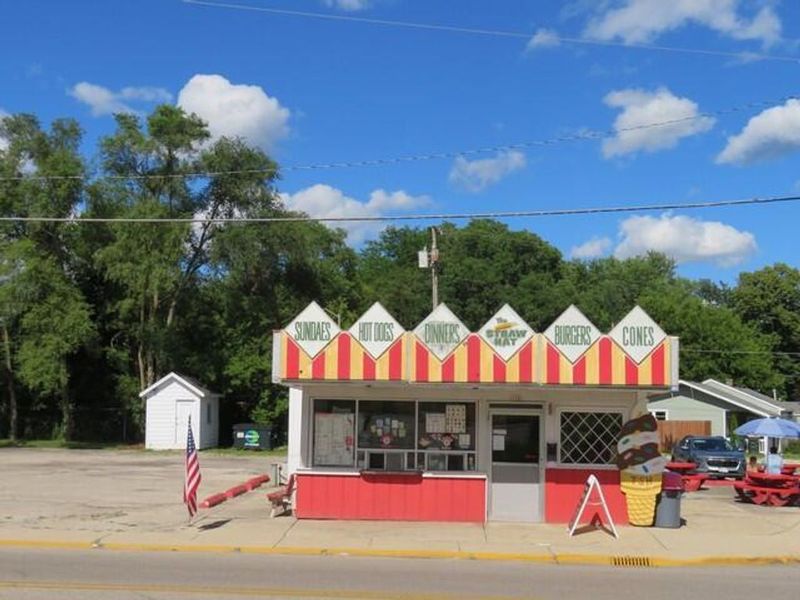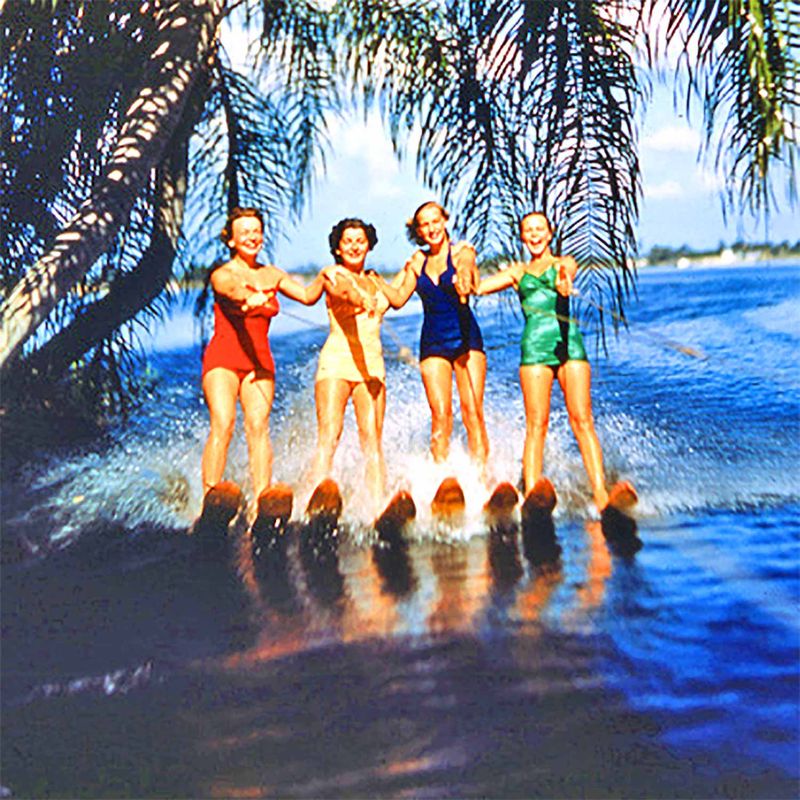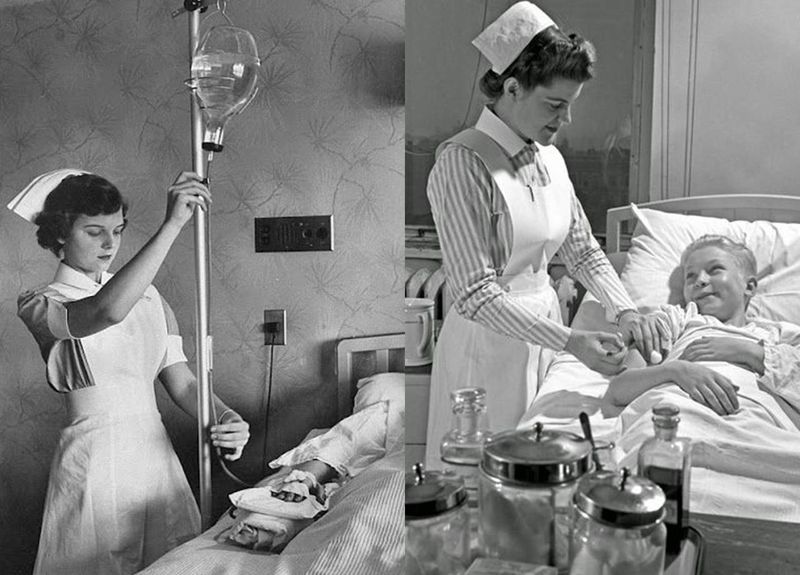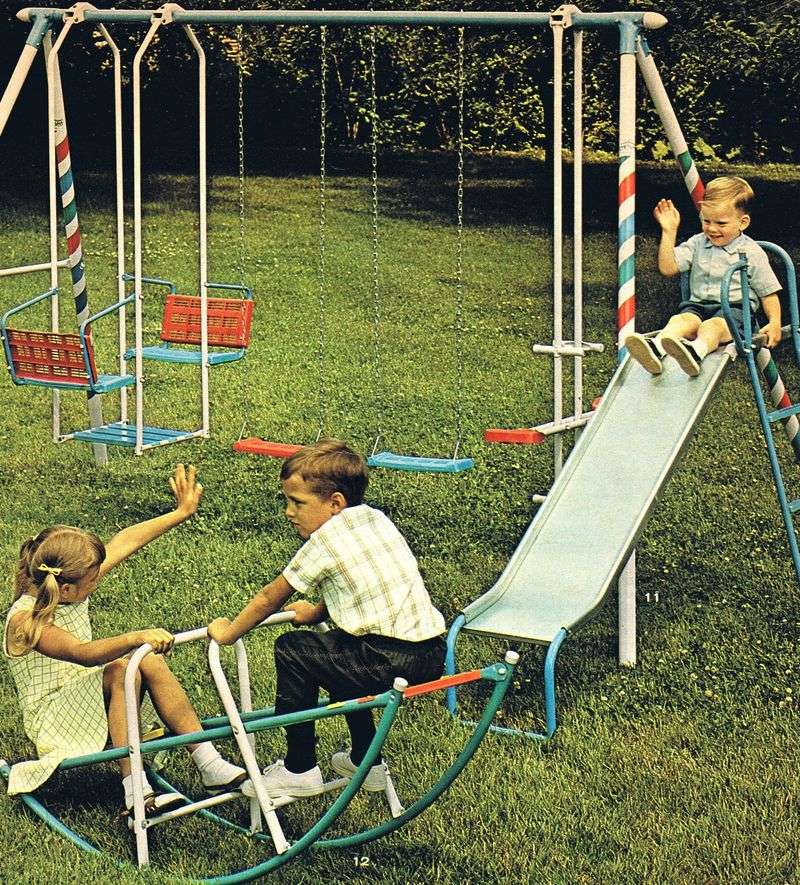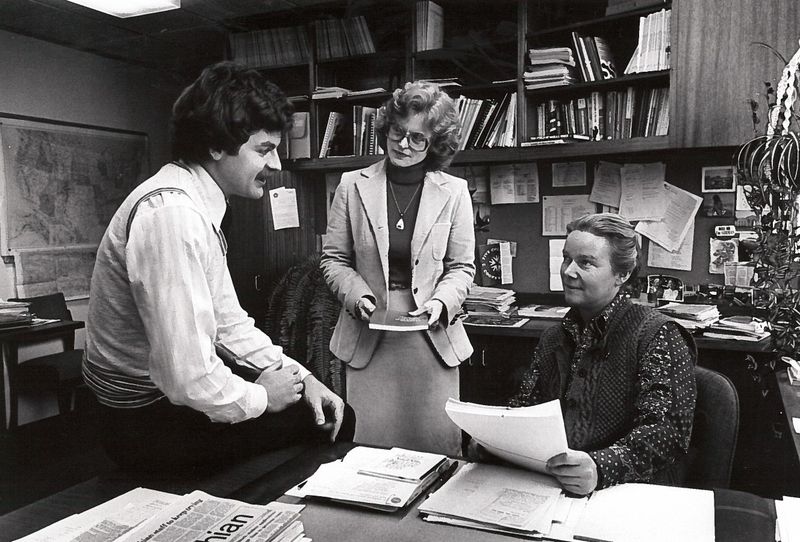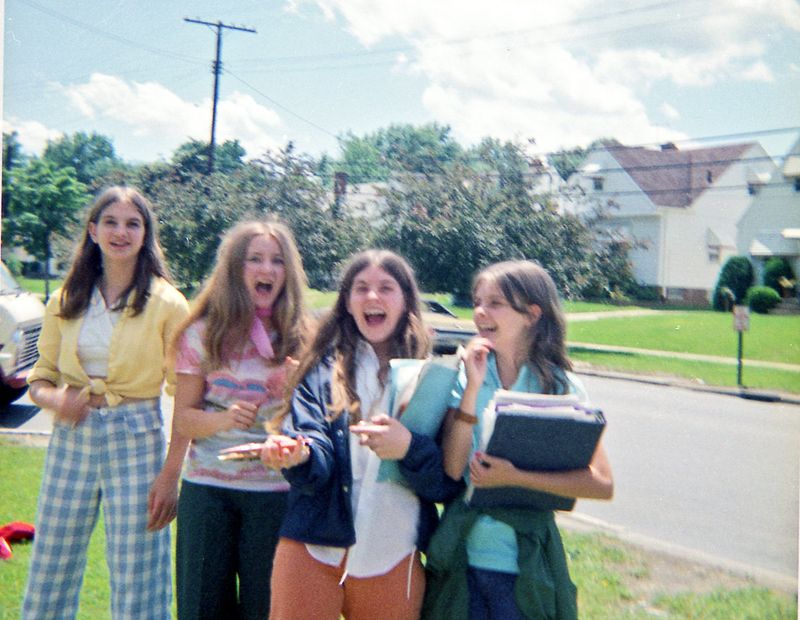The 1970s was a decade filled with simple yet cherished luxuries that we often took for granted. From affordable gasoline to community-centric education, this era provided a unique blend of comfort and convenience that shaped everyday life. In this blog post, we will explore 20 such luxuries that defined the 1970s, offering a nostalgic glimpse into a time where human connection and a relaxed pace of life were paramount.
Affordable Gasoline
In the 1970s, gasoline was remarkably affordable, allowing families to embark on spontaneous road trips without a second thought. The low cost of fuel meant that weekend getaways and leisurely drives were a regular part of life, fostering a sense of adventure and exploration. Driving long distances for vacations or simply enjoying a sunny afternoon cruise was a luxury many embraced.
The freedom to travel at will brought families closer together, turning the open road into a space for bonding and discovery. This era of inexpensive gasoline is fondly remembered for its contribution to unforgettable family adventures.
Spacious, Affordable Homes
The 1970s offered large, affordable homes that became the heart of family life. With plenty of space for everyone, these homes were perfect for hosting family dinners, birthday parties, and Sunday barbecues. The affordability of housing made it accessible for many to own their dream home.
Backyards were often filled with laughter and play, providing a safe haven for children to grow and explore. These homes were not just buildings but integral parts of family memories, offering comfort and security in a time when community and family ties were highly valued.
Reliable Landline Telephones
In the 1970s, the landline telephone was a staple in every household, providing a reliable means of communication. Without the distractions of modern technology, phone calls were more personal and meaningful, allowing people to truly connect.
Neighbors could be easily reached, facilitating quick chats or organizing social gatherings. The simplicity and dependability of landline telephones made them an essential part of daily life, ensuring that people stayed connected with loved ones and their community. This era of communication fostered a sense of closeness and accessibility that many fondly recall.
Full-Service Diners and Local Eateries
Neighborhood diners in the 1970s were more than just places to eat; they were community hubs where people gathered to share meals and stories. Offering hearty, homemade dishes, these eateries provided a cozy and welcoming atmosphere for families and friends.
The personal touch of friendly staff added to the charm, making dining out feel like a special occasion. These local establishments played a significant role in building community connections, turning ordinary meals into memorable experiences. The tradition of enjoying full-service diners is cherished by those who remember the warmth and camaraderie of these beloved spots.
In-Home Entertainment Systems
In the 1970s, in-home entertainment systems were a central feature of family life, bringing people together for shared experiences. Families would gather around the television to watch their favorite shows or listen to music on record players, creating an environment of togetherness.
These entertainment hubs offered more than just amusement; they were a place for bonding, laughter, and discussions. The simplicity of these systems allowed for quality family time, free from the interruptions of modern digital devices. This era is fondly remembered for its ability to connect people through the joy of entertainment.
Accessible Public Transportation
The 1970s boasted reliable and accessible public transportation systems that connected communities and made city exploration easy. Buses and trains provided affordable options for commuting, shopping, and leisure activities, allowing people to navigate their cities with ease.
This accessibility fostered a sense of independence and adventure, as people could explore new neighborhoods and discover local events. Public transportation played a crucial role in building community bonds, offering opportunities for social interaction and cultural exchange. This era is remembered for its emphasis on connectivity and the freedom to explore urban landscapes.
Affordable, Durable Cars
In the 1970s, cars were not just means of transportation; they were symbols of freedom and adventure. Affordable and durable, these vehicles enabled families to embark on memorable road trips, exploring new destinations and creating lasting memories.
The reliability of these cars meant that families could travel with peace of mind, knowing that their trusted vehicle would get them to their destination safely. Weekend drives and scenic routes became cherished traditions, as the journey itself was often as enjoyable as the destination. This era celebrated the joy of travel and the bonds it strengthened within families.
Personalized Customer Service
The 1970s was a time when personalized customer service was the norm, and shopping was a friendly, social experience. Local shop owners and staff knew customers by name, creating an atmosphere of warmth and familiarity.
This personal touch turned routine errands into enjoyable outings, as people took pleasure in the friendly interactions and genuine care they received. The emphasis on building relationships rather than just transactions fostered loyalty and trust. This era is fondly remembered for the meaningful connections formed between customers and businesses, making daily shopping a delightful part of life.
A Relaxed Pace of Life
In the 1970s, life moved at a more relaxed pace, allowing people to savor moments and enjoy quality time with loved ones. Without the constant distractions of modern technology, individuals could engage in long conversations and leisurely activities.
This slower pace encouraged a focus on relationships, with time spent on meaningful interactions rather than hurried engagements. Families could gather for picnics, stroll through parks, and simply enjoy the present. The 1970s is cherished for its emphasis on living in the moment, providing a stark contrast to today’s fast-paced lifestyle.
Abundant Natural Spaces
The 1970s offered abundant natural spaces where families could connect with nature and each other. Parks, lakes, and community gardens were easily accessible, providing a serene backdrop for picnics, play, and relaxation.
These green spaces were cherished for their ability to bring people together, offering a refuge from the hustle and bustle of daily life. Families could enjoy leisurely afternoons surrounded by nature’s beauty, creating lasting memories in these tranquil settings. This era is fondly remembered for its celebration of the outdoors and the simple pleasures it provided.
Home-Cooked Meals with Fresh Produce
In the 1970s, home-cooked meals were a daily ritual, bringing families together around the kitchen table. Fresh, readily available produce made cooking a delightful experience, with meals prepared from scratch using wholesome ingredients.
The act of cooking and dining together fostered strong family bonds, as conversations flowed and stories were shared over delicious dishes. This era emphasized the importance of nourishing both body and soul through the simple act of sharing a meal. The tradition of home-cooked meals is cherished for its ability to connect families and create lasting memories.
Close-Knit Community Bonds
The 1970s was a time of strong community bonds, where neighbors frequently gathered for block parties and local events. These gatherings fostered a sense of belonging and camaraderie, as people came together to celebrate and support one another.
The spirit of community was evident in the way people looked out for each other, whether through shared meals, babysitting, or simply lending a helping hand. These close-knit relationships created a supportive network that enriched daily life, making neighborhoods feel more like extended families. This era is fondly remembered for its emphasis on community and connection.
Face-to-Face Communication
In the 1970s, face-to-face communication was the cornerstone of social interactions, fostering genuine connections and understanding. Whether catching up with friends at a local café or chatting with neighbors on the front porch, conversations were personal and meaningful.
This mode of communication allowed for deeper connections, as people could read body language and emotions, something often lost in digital exchanges. The emphasis on in-person interactions created strong relationships and a sense of trust and empathy within communities. This era is cherished for its focus on authentic communication and the bonds it forged.
Tangible Analog Media
The 1970s was a time when tangible analog media, such as record players and film cameras, played a significant role in capturing and preserving memories. Listening to music on vinyl was a shared family experience, creating a soundtrack for everyday life.
Printed photos and film captured moments in a personal and lasting way, turning family events into cherished keepsakes. These analog formats offered a tactile connection to memories, something digital media often lacks. This era is fondly remembered for its ability to bring people together through the joy of capturing and sharing life’s moments.
Local, Family-Owned Businesses
In the 1970s, local, family-owned businesses were the heart of communities, offering unique products and personalized service. These establishments were more than just shops; they were gathering places where people could connect and enjoy a sense of community.
The personal relationships formed between business owners and customers created a welcoming atmosphere, encouraging loyalty and support. These businesses were integral to the community’s identity, providing a space for social interaction and local pride. This era celebrated the charm and character of family-owned enterprises, which played a vital role in daily life.
Generous Vacation Time
The 1970s offered generous vacation time, allowing families to enjoy extended breaks away from the pressures of work. This time off provided the opportunity for travel, relaxation, and quality family bonding, free from the demands of daily routines.
Vacations were seen as a time to rejuvenate, explore new places, and create cherished memories with loved ones. The emphasis on work-life balance allowed for a more relaxed and fulfilled lifestyle, where leisure time was valued and prioritized. This era is fondly remembered for its ability to provide space for relaxation and adventure.
Accessible, Affordable Healthcare
In the 1970s, healthcare was more community-focused and accessible, providing peace of mind to families across the nation. With affordable medical services, individuals could seek care without the burden of excessive costs, ensuring that health was a priority.
The emphasis on preventive care and community clinics made healthcare a more personal and supportive experience. Families could rely on trusted local practitioners, fostering relationships and trust within the healthcare system. This era is remembered for its commitment to making healthcare both accessible and affordable, contributing to the overall well-being of communities.
Uninterrupted Time Outdoors
Without the distractions of digital devices, the 1970s offered families ample time to enjoy the great outdoors. Children played freely in backyards and parks, engaging in imaginative games and exploring nature’s wonders.
This connection to the outdoors fostered physical activity, creativity, and a deep appreciation for the environment. Families could spend uninterrupted time together, whether hiking, fishing, or simply enjoying a leisurely picnic. This era is cherished for its emphasis on outdoor activities and the joy of connecting with nature, providing a refreshing escape from the demands of modern life.
Stable Job Markets
The 1970s was characterized by stable job markets, offering individuals reliable employment opportunities and financial security. This stability allowed families to plan for the future, invest in homes, and enjoy a comfortable lifestyle.
With long-term employment prospects, people could focus on personal growth and leisure, leading to a balanced and fulfilling life. The sense of security provided by stable jobs contributed to the overall well-being and happiness of families. This era is fondly remembered for its emphasis on job stability and the positive impact it had on daily life.
Community-Centric Education
In the 1970s, schools served as vibrant centers for community interaction and learning. Parents, teachers, and students collaborated to create a supportive educational environment, emphasizing the importance of community ties.
Schools hosted events like fairs and dinners, fostering relationships and encouraging community involvement. This collaborative approach to education allowed for a richer learning experience, where students felt supported and connected. The emphasis on community-centric education is cherished for its ability to bring people together and nurture future generations, reinforcing the value of education within the broader community.
